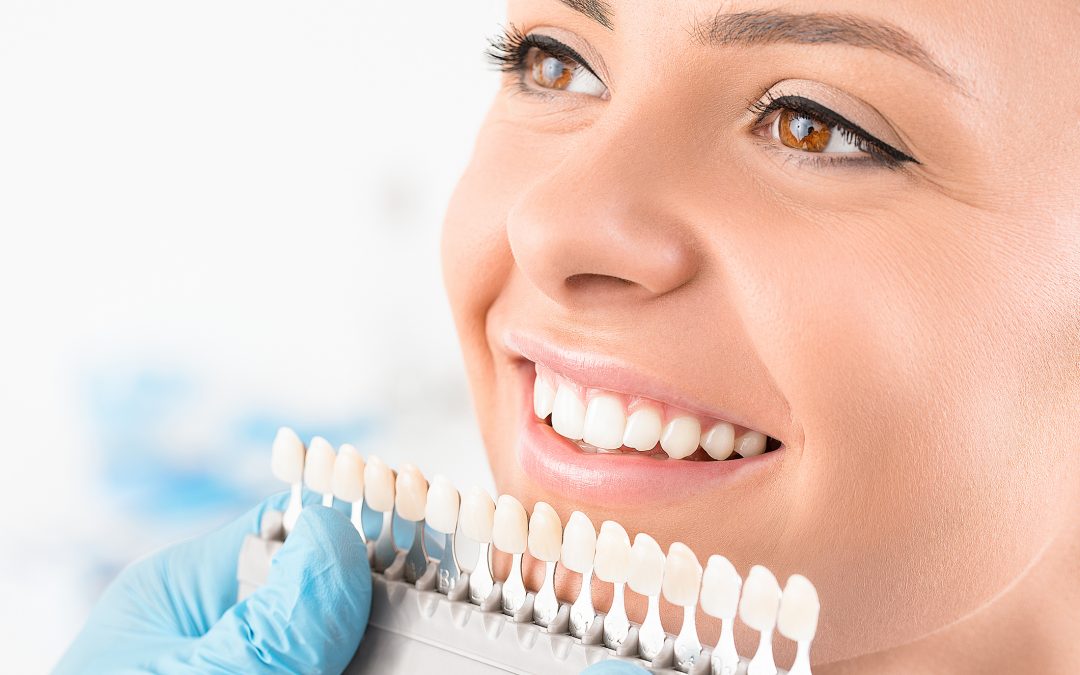DIY Teeth Whitening Trends: Fact or Fiction?
In recent years, do-it-yourself teeth whitening tactics have been a “trendy” topic, but many of these methods are either ineffective or provide only meager results. Let’s take a look at a few of the more popular methods.
Charcoal and its Effect on Tooth Enamel
Charcoal is very porous and absorbent, and has been used even in hospitals to safely neutralize toxins. In theory, it could do the same for your teeth.
However, charcoal is also abrasive. Even as it absorbs harmful compounds from your mouth and discourages bacterial populations, it could also be scraping away your enamel, doing more harm than good. Until we know more about the effects of charcoal on teeth, it’s safer to put that home remedy back on the shelf.
Lemon Juice: Dissolving Stains?
The enamel on your teeth is the hardest substance in your body, but it is extremely susceptible to erosion by acid. Your saliva keeps the pH in your mouth balanced to protect your enamel, but any time you eat or drink something acidic, that pH is disrupted and your teeth are vulnerable.
Using lemon juice on your teeth in hopes of whitening them is, therefore, likely to cause enamel erosion, and once that enamel is gone, it doesn’t grow back.
Oil Pulling
Oil pulling involves swishing oil (typically coconut, sunflower, sesame, or olive oil) around in one’s mouth for up to twenty minutes. Proponents of oil pulling claim it has numerous health benefits, including teeth whitening, but the American Dental association doesn’t recommend it because there is no scientific evidence to back up these claims.
Strawberries And Bananas
Strawberries do contain some citric acid, but they also contain malic acid (particularly when ripe), which actually can give your teeth a whiter appearance.
Bananas contain potassium, magnesium, and manganese, all of which promote healthier teeth and can help remove surface stains.
So these two do-it-yourself teeth whiteners may actually provide some benefit! Both fruits still contain sugar, however, so you should still brush your teeth with dentist approved toothpaste after eating them.
The Science Speaks For Itself
Occasionally we’ll discover remedies that do have benefits, but the best benefits to our teeth will always come from dentist-approved methods. Brush your teeth twice a day for two minutes and floss once a day, avoid sugary drinks and snacks, and schedule regular dental appointments.
If all of these good habits aren’t keeping your teeth white enough, talk to us about safe, professional whitening options.

